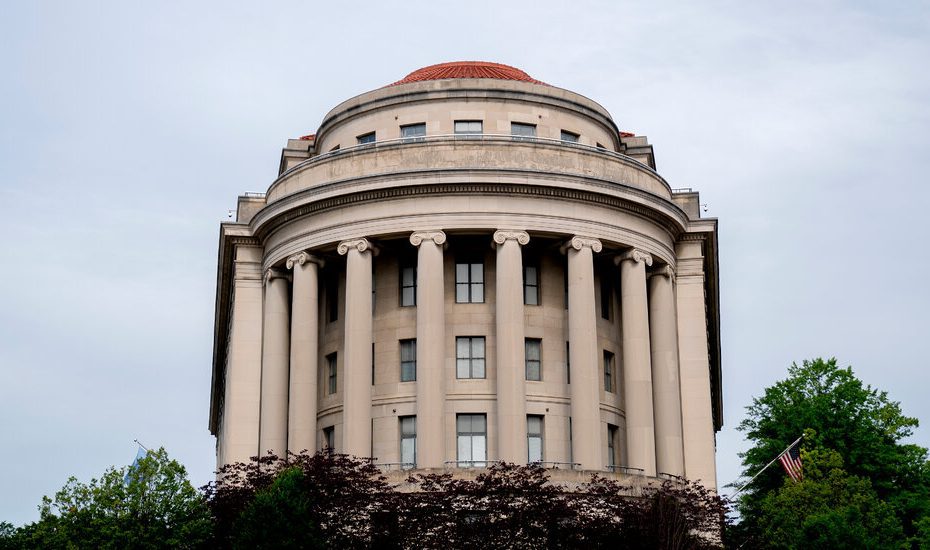A federal judge in Pennsylvania on Tuesday declined to block the Federal Trade Commission's ban on non-compete agreements, a departure from another judge's recent finding that the agency's decision rests on shaky legal grounds.
The decision clears a hurdle in the FTC's bid to ban virtually all noncompete agreements, which prevent workers from moving within an industry and affect about one in five U.S. workers. The rule goes into effect Sept. 4.
Several business groups filed a lawsuit to block the ban once the FTC voted to implement it in April, arguing that it would limit their ability to protect trade secrets and confidential information. ATS Tree Services, a tree removal company, filed a lawsuit in the U.S. District Court for the Eastern District of Pennsylvania, arguing that it used noncompete agreements to “provide its employees with necessary and valuable specialized training while minimizing the risk that employees would leave and immediately use that specialized training and ATS’s confidential information to gain an advantage over a competitor.”
But on Tuesday, Judge Kelley Brisbon Hodge ruled that ATS had not shown that it would suffer irreparable harm from the rule. She denied the company's request for a preliminary injunction, saying it was unlikely the lawsuit would ultimately prevail on the merits.
Judge Hodge's decision fully affirms the FTC's authority to prohibit non-compete agreements, “which harm competition by restricting worker freedom and mobility while also hindering economic growth,” Douglas Farrar, a spokesman for the commission, said in a statement.
An attorney representing ATS, Josh Robbins of the Pacific Legal Foundation, a libertarian legal group, said the company was disappointed by the court's decision and would “continue to fight the FTC's power grab.” Mr. Robbins would not say whether the company planned to appeal.
Regardless, employers remain in limbo as they await a ruling from Judge Ada Brown of the U.S. District Court for the Northern District of Texas, who this month granted a preliminary injunction sought by several plaintiffs, including the U.S. Chamber of Commerce.
While that ruling was limited to the plaintiffs in the Texas case, Judge Brown said the FTC had no “substantive regulatory authority” with respect to unfair competitive practices and that the plaintiffs would “likely succeed on the merits” of their challenge.
Judge Brown said she expected to make a final ruling by the end of August.
The lawsuits to block the FTC rule alleged that it was issued without constitutional and statutory authority. The three Democrats on the five-member committee that voted to approve the rule argue that it complies with authority granted under the FTC Act of 1914, which created the agency.
Employers could face a lengthy legal stalemate even after the rule's effective date as lawsuits continue to be filed in court, according to Jeremy Merkelson, a partner at law firm Davis Wright Tremaine.
“There is definitely tension between what the two districts have done, and I expect both cases will be appealed to the appellate courts,” Mr. Merkelson said. “The Supreme Court will probably have to weigh in on this issue because of its importance.”

